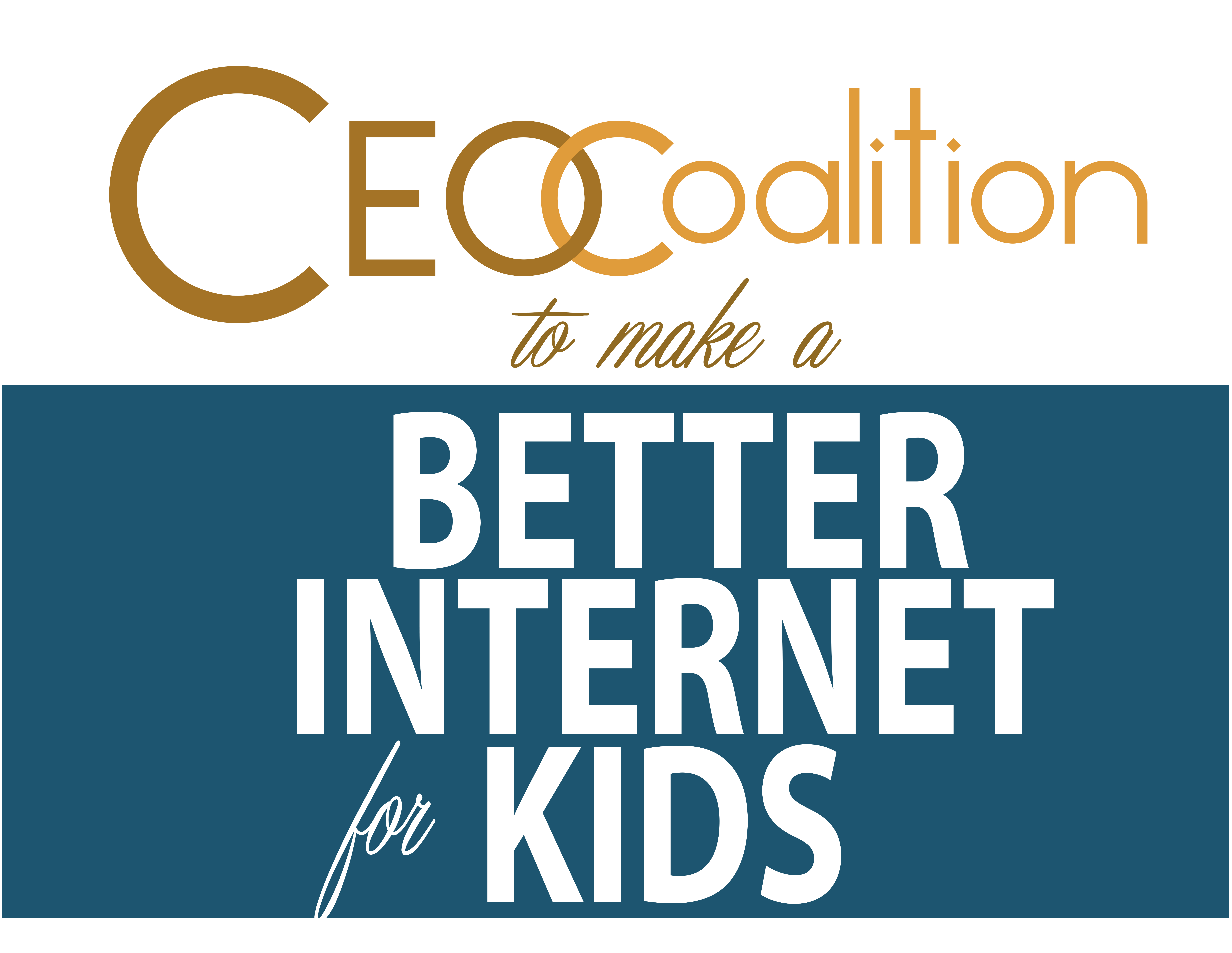
© iStock by Getty Images -611189966 Rawpixel
The work will continue under the Code of conduct on age-appropriate design.
********************************************
The way children use the internet and mobile technologies continues to change, but the Internet's potential to be a source of opportunities to young people when used safely and responsibly remains the same.
In order to ensure that this potential is reached, and that children, parents and teachers have access to the right tools and information to safely use the Internet, the Commission supports self-regulation by industry. Self-regulation allows industry to create a system by which they can deal rapidly with any security challenges that may arise.
Alliance to better protect minors online
The alliance to better protect minors online is a self-regulatory initiative aiming to improve the online environment for children and young people. The framework of the alliance is outlined in its statement of purpose. In the statement of purpose companies agreed to curb harmful content, harmful conduct and harmful contact, including cyberbullying, sexual extortion and exposure to violent content. This will be done through 3 strands of action:
- User-empowerment to promote enhanced use of parental tools, content classification and other tools for online safety. Reporting tools will be provided in a more accessible and user-friendly way. Companies will also focus on improving follow-up measures such as feedback and notifications.
- Companies commitment to intensify cooperation and sharing of best practices, also by taking into account relevant input from NGOs, civil society, European, national and local authorities and international organisations.
- Members of the Alliance intention to scale up awareness-raising and also to promote and increase access to positive, educational and diversified content online.
CEO coalition for a better Internet for kids

The CEO coalition to make a better Internet for kids is a cooperative and voluntary coalition designed to respond to emerging challenges arising from the diverse ways in which young Europeans go online. Companies who are signatories to the coalition committed to take positive action to make the internet a safer place for kids. They committed to action in 5 areas:
- simple and robust reporting tools for users
- age-appropriate privacy settings
- wider use of content classification
- wider availability and use of parental controls
- effective takedown of child sexual abuse material
The work plan of the coalition, annexed to the statement of purpose, contains deadlines and performance indicators for each of these action points. Companies produced action reports of the work carried out over their first year.
Signatory companies to the coalition
Apple, BSkyB, BT, Dailymotion, Deutsche Telekom, Facebook, France Telecom - Orange, Google, Hyves, KPN, Liberty Global, LG Electronics, Mediaset, Microsoft, Netlog, Nintendo, Nokia, Opera Software, Research In Motion, RTL Group, Samsung, Skyrock, Stardoll, Sulake, Telefonica, TeliaSonera, Telecom Italia, Telenor Group, Tuenti, Vivendi and Vodafone.
Safer social networking principles
The safer social networking principles are a self-regulatory agreement signed by major social networking service providers in Europe, who have committed to implementing measures to ensure the safety of minors on their services.
The adoption of the principles is an achievement of the Social Networking Task Force, convened in 2008. The task force brought together 18 of Europe's major social networks as well as researchers and child welfare organizations to discuss ways to improve the safety of children using social networks. The objective was to develop a set of guidelines for use of social networks by youngsters. The guidelines are to be adopted voluntarily by European industry.
A commitment was reached to set guiding principles for safer social networking, which have been signed by 21 companies.
European framework for safer mobile use
The European framework (.pdf) for safer mobile use of younger teenagers and children is the result of discussions held in a high level group, which sets out a series of measures that the signatories commit to implementing on their services in Europe, including:
- access control for adult content
- awareness-raising campaigns for parents and children
- classification of commercial content according to national standards of decency and appropriateness
- the fight against illegal content on mobiles.
National codes have been signed based on the European Framework
Last update: 19 July 2023
Latest News
Related Content
Big Picture
The Strategy for a better Internet for kids (BIK+) will ensure that children are protected, respected and empowered online.
See Also
As a key action under the BIK+ strategy, the Commission will facilitate a comprehensive EU Code of conduct on age-appropriate design (‘BIK+ Code’).
The Safer Internet Forum is the key annual international conference on child online safety in Europe.
Safer Internet Day promotes a safer and more responsible use of online technology by children and young people around the world.
Digital participation, empowerment and protection finely balanced in the new European strategy for a better internet for kids (BIK+).
The expert group on safer Internet for children helps improve coordination and cooperation among EU Member States to keep children safe when using the internet.
Safer Internet Centres inform, advise and assist children, parents, teachers and carers on digital questions and fights against online child sexual abuse.
